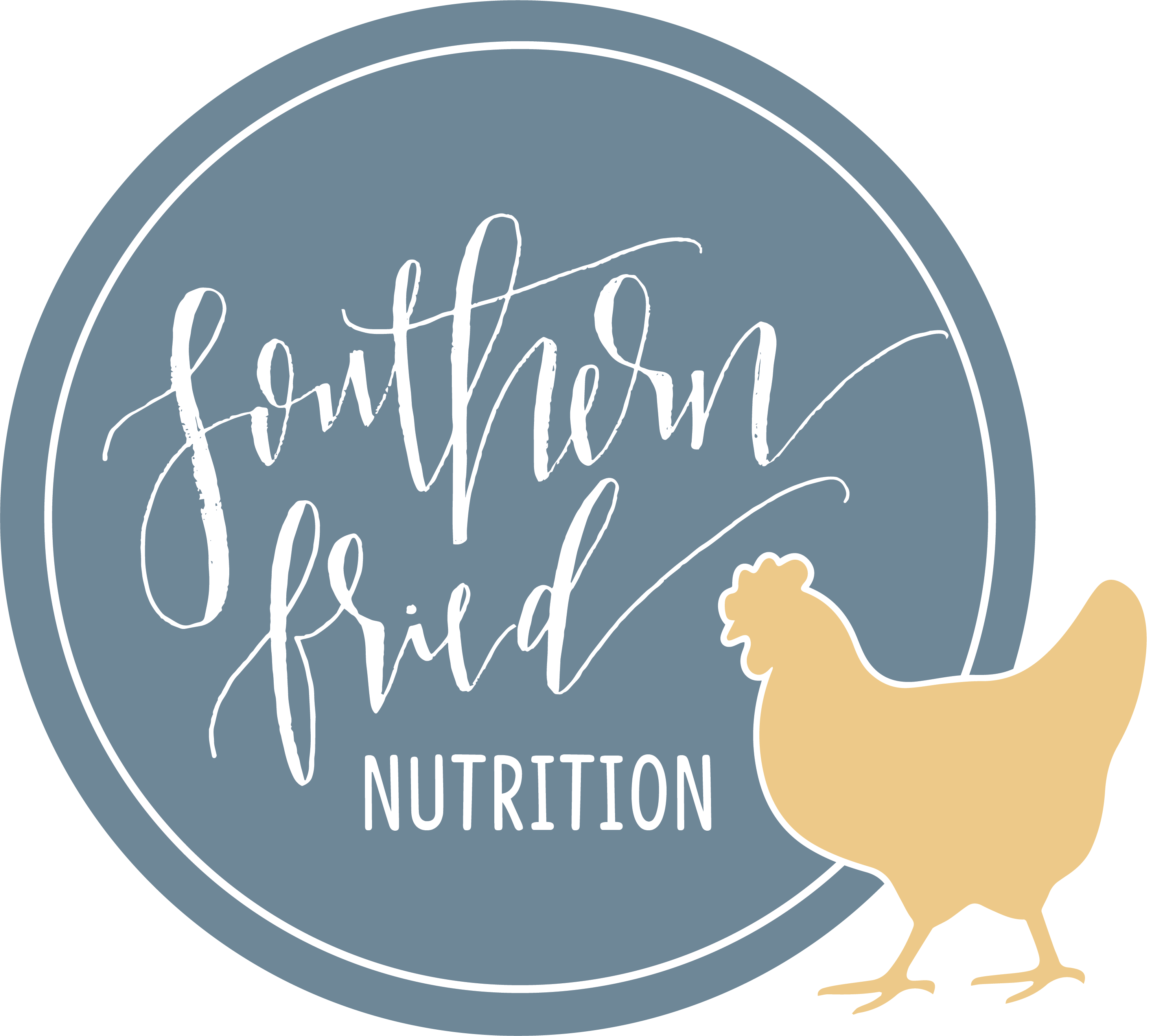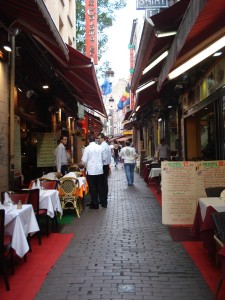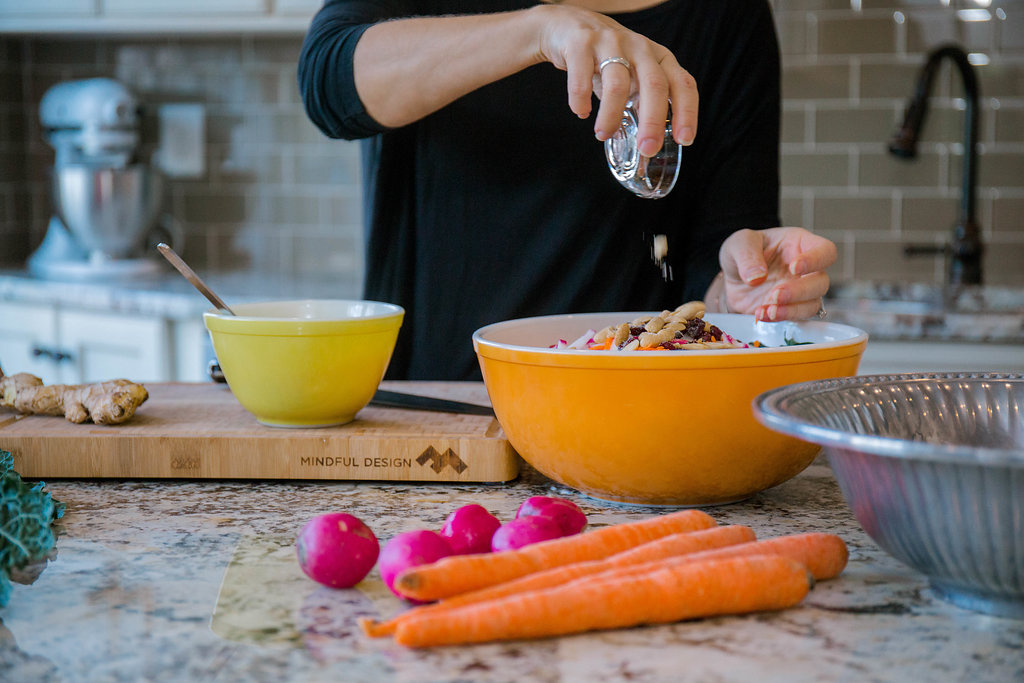Dining out is part of the American lifestyle. In fact, many people eat out more or nearly as much as they eat at home! I don’t recommend that, but I do enjoy eating out and think that everyone should be able to do that safely. For those with food allergies, dining out can be scary…and there’s the potential for it to be dangerous. Here are five important tips to help make eating out safer if you have food allergies:
- Do your research in advance. Ask for recommendations from others within the food allergy community. One good resource is AllergyEats.com, a website dedicated to sharing information about restaurants committed to food allergy safety. Visit the website for the restaurant and check out the menu. Call and chat with the staff to
see if they are aware of safe practices for managing food allergies in foodservice.
- Ask questions. When you arrive at the restaurant, begin a dialogue with the staff about accommodating your food allergy. Be sure to tell the server and speak to the chef if possible. Questions to consider include: what is your plan for managing food allergens in the kitchen? does this dish include my allergen or any ingredients that include my allergen? how do you prevent cross-contact? Consider carrying a chef card like the one provided by FARE.
- Avoid high risk situations. Unless you know the restaurant to be exceptional in the area of managing food allergies, do not visit during the most busy serving times – typically weekend nights, lunch hour, or perhaps brunch. Buffets are a potential issue due to high risk for cross-contact. In general, those with fish and crustacean shellfish allergies should avoid seafood restaurants and those with peanut allergies should avoid Asian restaurants due to the high risk of cross-contact.
- Never eat anything that you’re uncertain about. If the menu is unclear about ingredients, ask the server and/or chef. In fact, you should do this anyway, just to be sure! Better to leave hungry than to risk having a serious reaction.
- Be prepared for accidental ingestion. Emergency medication (epinephrine) should always, always, always be taken with you – especially where eating is involved. Tell the people eating with you about your allergy. In case of emergency, they may need to advocate for you. Preparation is the key to safe dining out.
What tips do you have for dining out with food allergies?


